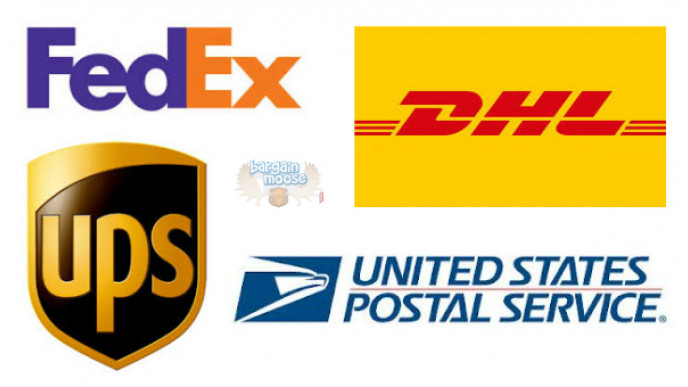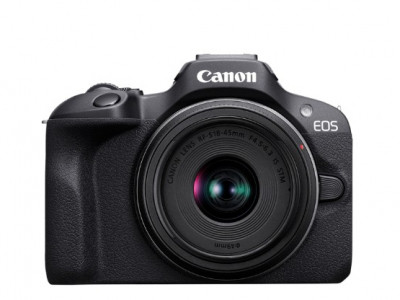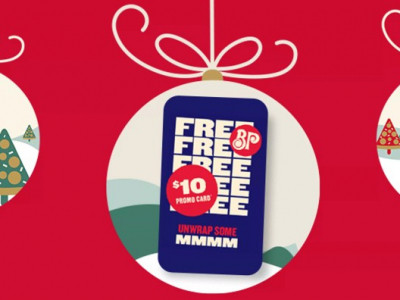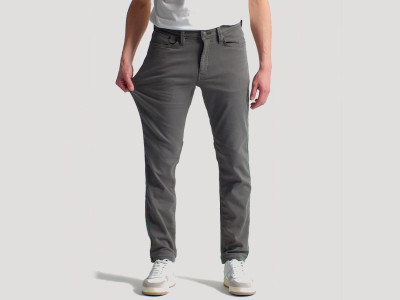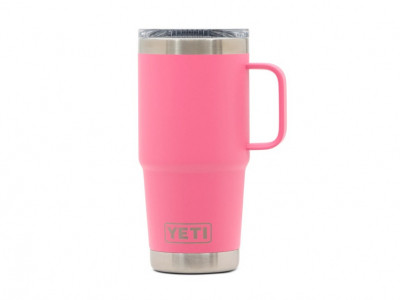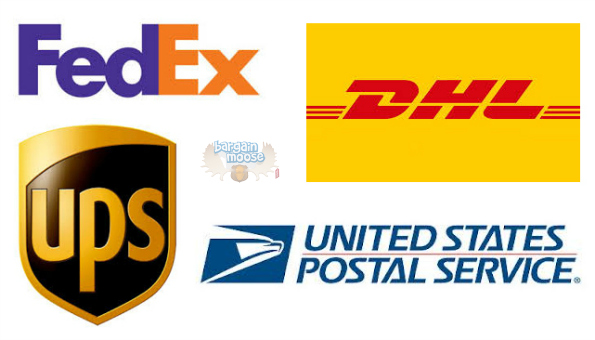
There are many great opportunities for cross border shopping lately with companies like Nordstroms, Freshpair, Kate Spade, and more attempting to catch the eye of Canadian consumers with lower shipping rates. However, the question of duty always weighs heavily on the minds of Canadians and I am here to give you the quick and dirty info on duty.
What is Duty:
We think of duty in terms of 'import duty’, which is associated with customs. It is a tax levied by the Canadian government when a package enters Canadian soil containing products manufactured in other countries.
Exemptions:
- Anything that costs $20 CAN or less is exempt from duty.
- Any gift valued at $60 CAN or less is exempt from duty (cannot be sent by a business).
- Anything manufactured in Canada, the United States, or Mexico is exempt from duty when being brought into Canada under NAFTA: the North American Free Trade Agreement.
How much is Duty:
Excluding those the above, duty will vary depending on what the product is and where it was manufactured. The rule of thumb for duty is 18% + GST + PST (or HST). However, for a more accurate estimate use this Duty and Taxes Estimator designed by the Canadian Border Services Agency.
On top of the actual duty, you have to pay the handling fee (also known as the brokerage fee) of whichever postal service is importing your product. This is why prepaying duty on websites that allow it actually saves you money: you do not have the extra brokerage fee, which can really add up.
For example, Canada Post charges a flat rate of $9.95 to clear your package through customs. However, UPS starts at $7 and goes up to $85.80 depending on the value of the package. For example, if your package costs $40.01, they will charge you $19.45 just to broker your package... we are not even talking duty and taxes yet. This is highway robbery as it only costs $5 to clear a package through the port.
Acting as your own broker:
Now, if you live near the port of entry or near a CBSA (should be one in most major cities), then you can clear your package yourself (it is a right!) if it is shipping with UPS/FedEX or any other courier company (except Canada Post). I have not had the pleasure of doing so yet, but I did find this informative article at Border Bee (from Feb 2014) for everything you need to know about clearing your own customs package. Keep in mind that to self-clear you will need the manifest/waybill and the invoice.
Customs can be tricky, so it is good to know your way around them and know what your rights are. You have a right to clear your own package and that is a right that many courier companies do not want you to know about.
While I prefer pre-paying my customs at stores that allow it, sometimes the deals are at other stores that do not do that. Using calculators and carefully choosing couriers allows me still to get amazing deals without the threat of customs eating all of my savings.
